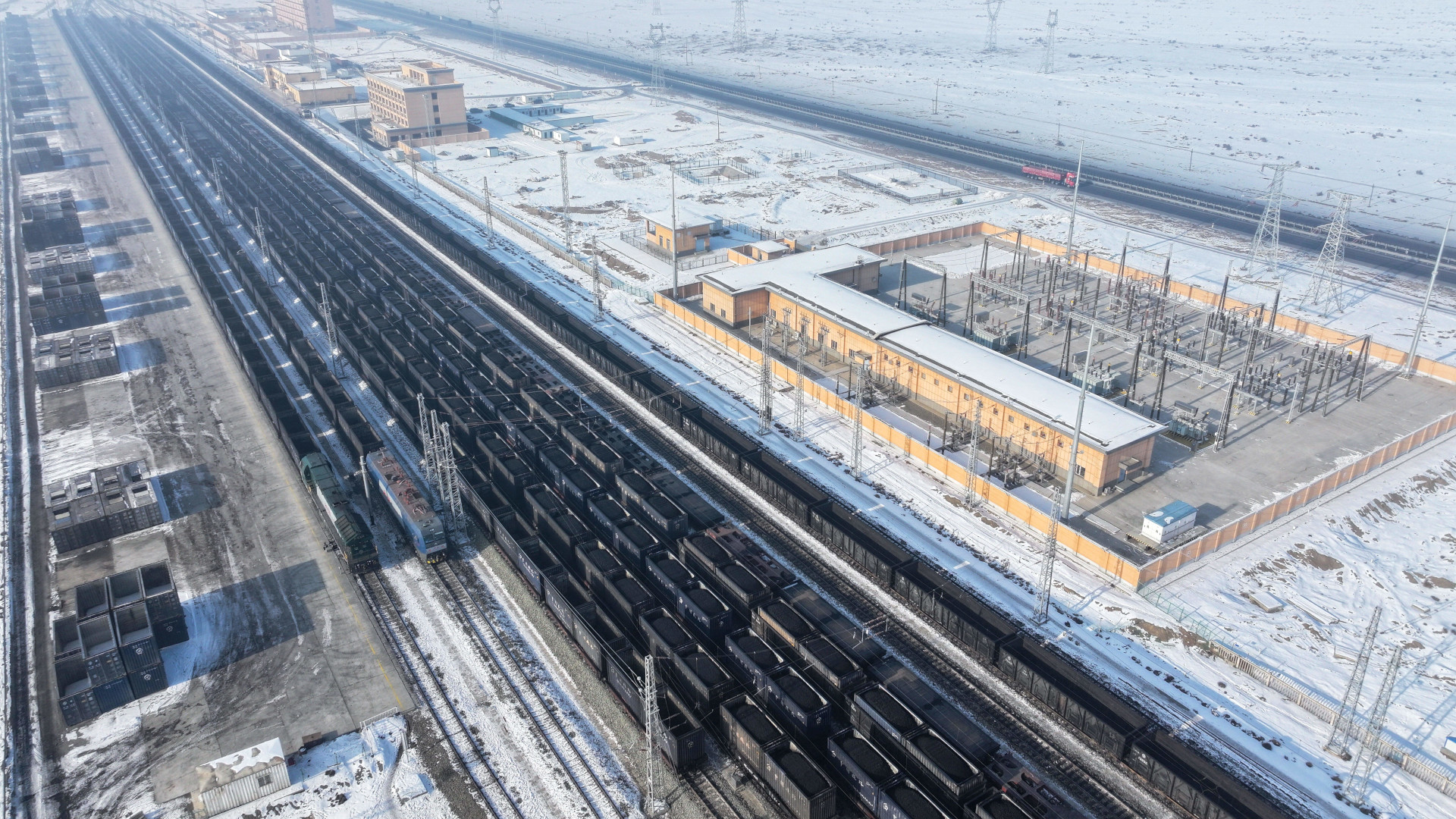It starts with recognizing genocide in China, then banning imports linked to forced Uyghur labour and streamlining the resettlement of refugees.
In December, the government of China hit two Canadian organizations with systematic sanctions: The Uyghur Rights Advocacy Project and the Canada-Tibet Committee, along with 20 individuals. It’s the latest salvo from Beijing in its long-running program of targeting Uyghur activists and journalists because China sees them as a threat to its global image.
These advocates have spoken out about the repression of their communities, such as the hundreds of concentration camps in western China, where more than a million Uyghurs and other minority-group members are held.
Canada has long portrayed itself as a beacon for international human rights. It has spoken many words about the need to protect Uyghur advocacy. But these words now need to be turned into action.
Parliament should pass a resolution calling the issue a genocide. As well, Canada should implement an effective ban on Chinese imports made with forced Uyghur labour, and make it easier for Uyghur refugees to come and settle here.
It’s important to remember that at least hundreds of thousands of Uyghurs and people from other minority groups are still stuck in China’s “reeducation camps.”
Those lucky enough to leave have reported various forms of physical and sexual abuse along with mass imposition of state propaganda.
Canada’s commitment to take in 10,000 Uyghur refugees is a good start, but it should also take more systemic measures.
First, our leaders need to get on the same page. This isn’t a partisan issue. Leaders from all parties have spoken out about the need to do more to support Uyghur and other minority rights in China and elsewhere.
So, it’s time for a bipartisan vote in the House of Commons to restate that the treatment of Uyghurs in China is genocide.
Second, Canada needs to build and implement a national system that bans any imported products made in a supply chain that includes forced labour in China – a longtime request by multiple Uyghur and other civil-society organizations.
There is evidence that Uyghurs have been subjected to forced-labour practices since at least 2016. Products range from clothes to cars, as documented by the U.S. Department of Labor and international watchdog groups.
There have been Canadian investigations into complaints regarding whether companies such as Walmart and others are making products tainted by Uyghur slave labour, but a more systematic approach is needed.
The U.S. Customs and Border Protection agency has built such a system through the Uyghur Forced Labor Prevention Act and has turned away about 5,000 shipments of Chinese imports since 2022.
Lastly, there should be more done to streamline the process of letting Uyghur refugees into Canada and to provide them with the right services for a new life.
Parliament passed a motion in 2023 committing Canada to eventually receive 10,000 Uyghur refugees starting in early 2024.
It took around nine months for the first Uyghur refugee to arrive through the nascent program and further progress has been slow.
Canada should make the pathways as easy as possible and realize that many of these newcomers, though they’ve escaped Chinese borders, are still hounded by agents of the Communist government.
This is a sad aspect of Chinese interference in Canadian civil society that hasn’t received the same level of attention as other forms of foreign political meddling.
For instance, many have forgotten Huseyin Celil, a Uyghur activist who arrived in Canada in October 2001 and became a Canadian citizen, along with his family. He was arrested on a trip to Uzbekistan and turned over to China.
Chinese authorities subjected Celil to torture and a fake trial before making him sign a forced confession. Almost nothing has been heard about him since then. Canada needs to exert renewed pressure to get Celil back home with his family.
In recent years, more reports have come out from police and others about Chinese government agents operating in Canada.
This includes operating clandestine police stations, as well as fueling disruptive actions against campus events highlighting minority rights in China.
It’s time for Canada to build a comprehensive plan to address how to support Uyghur human rights in the face of these new threats both inside and outside Canadian borders.
We do not need more cases like Huseyin Celil, whose family continues to live the nightmare of not knowing what is happening to him.
He and millions of Uyghurs in western China are living through what Amnesty International calls a “dystopian hellscape.”
Canada must stand up against this massive threat to global human rights. We cannot be silent. We cannot be complicit.

